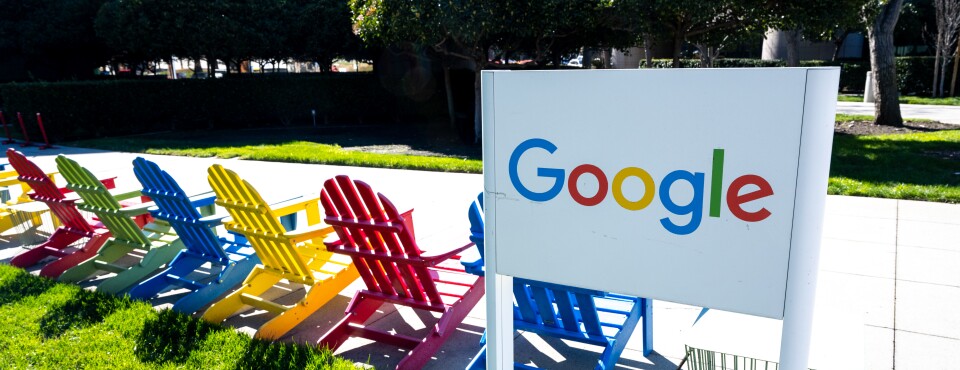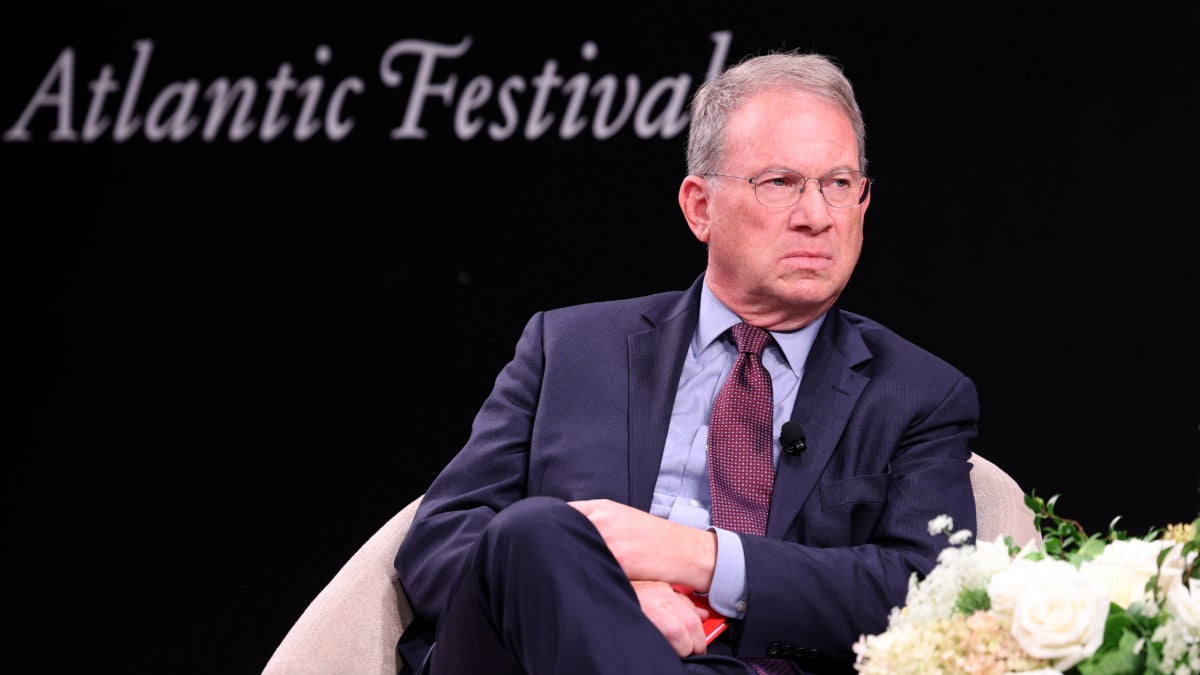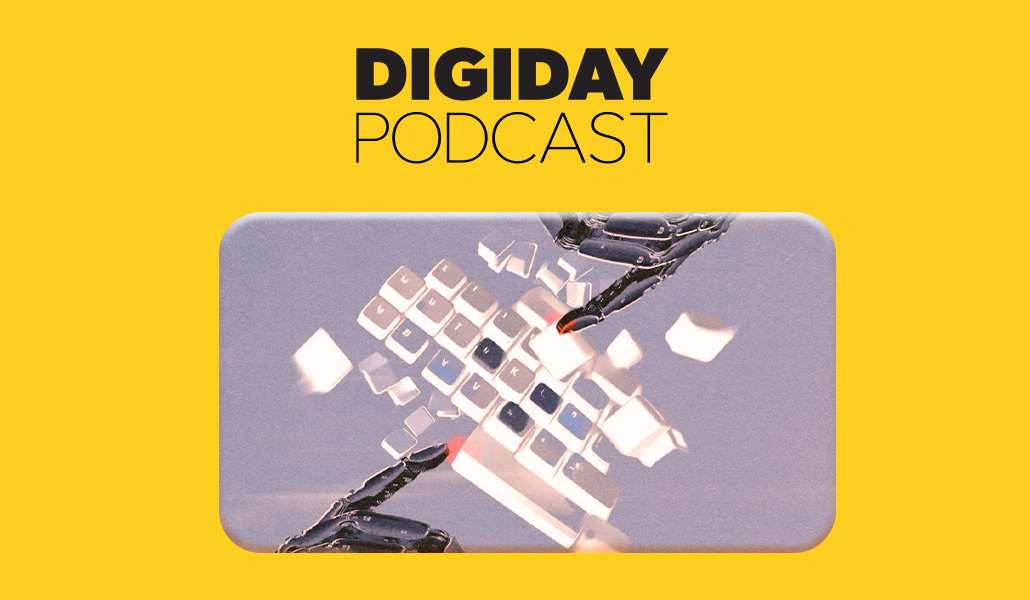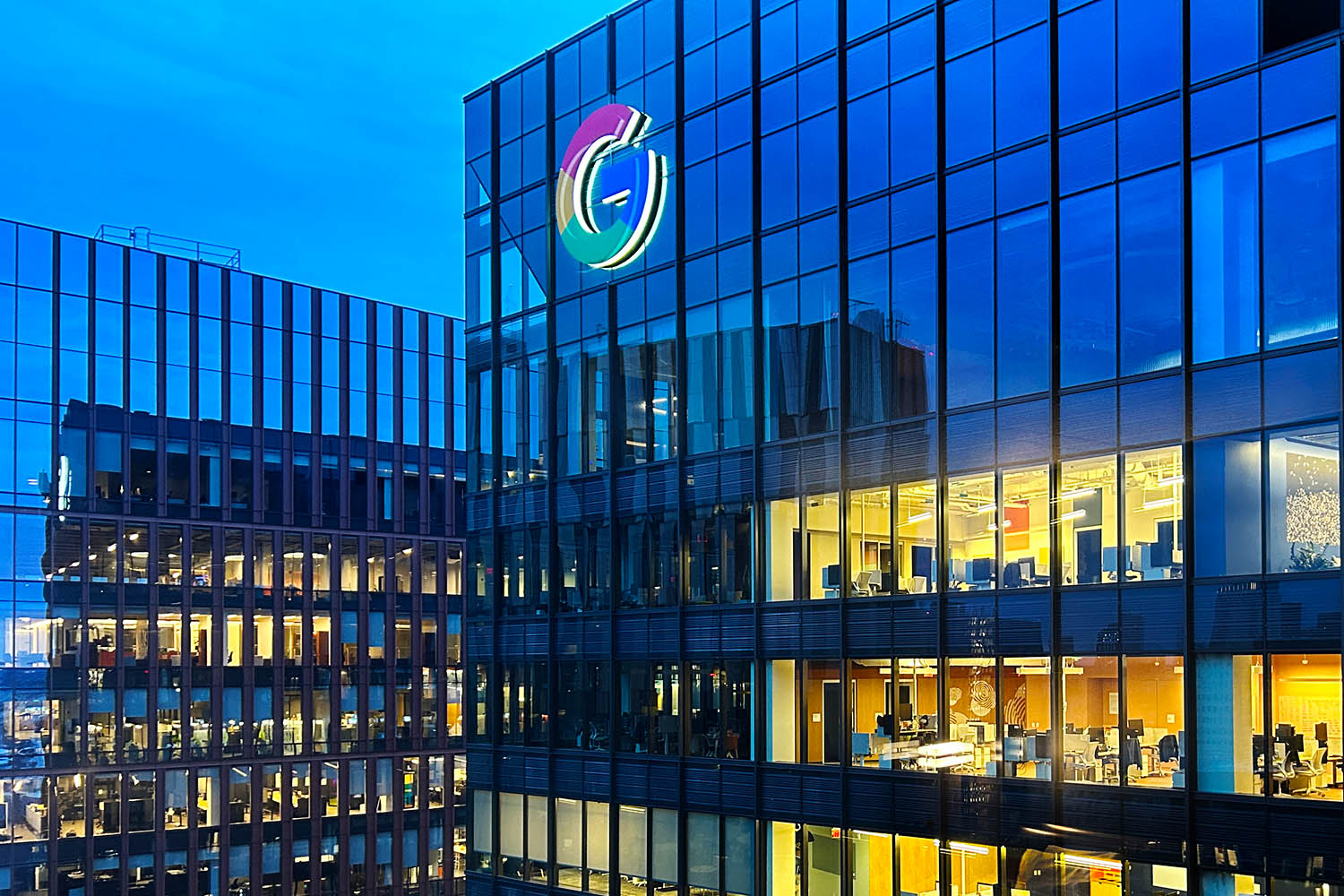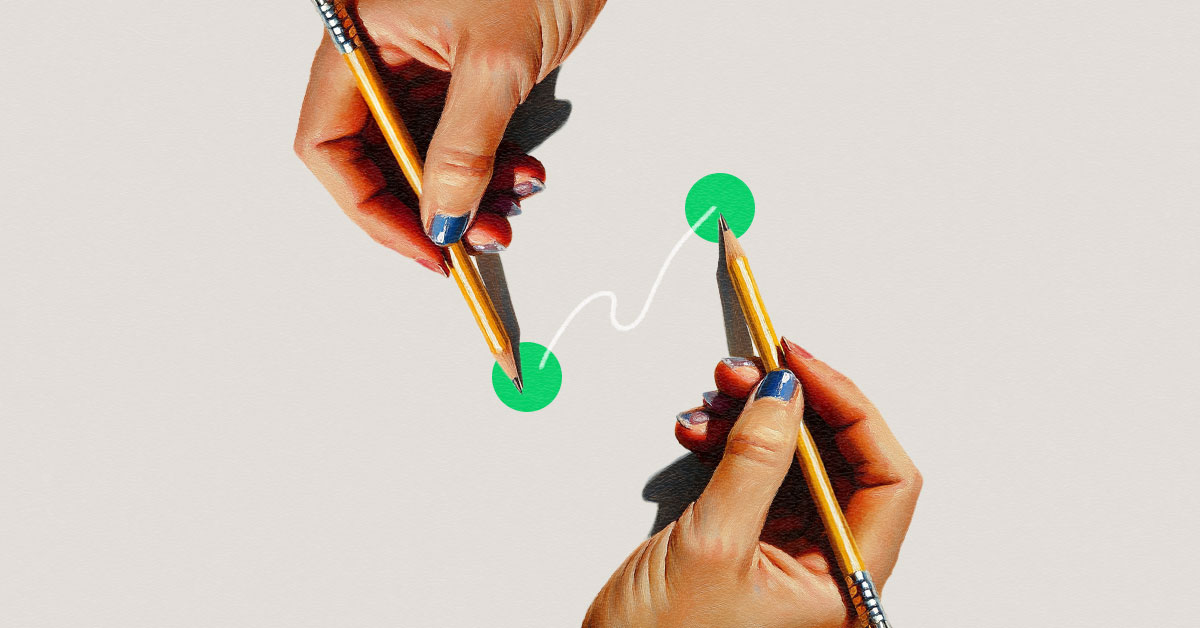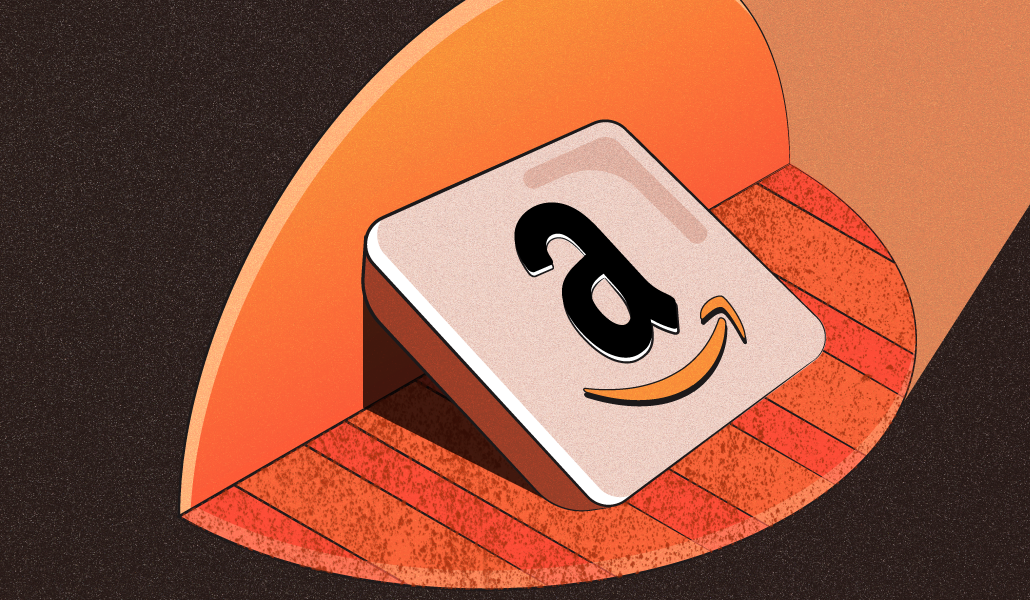#publishers
#publishers
[ follow ]
#google #ad-tech #antitrust #digital-advertising #ai-search #programmatic-advertising #ai-licensing #generative-ai
fromEngadget
5 days agoPublishers are blocking the Internet Archive for fear AI scrapers can use it as a workaround
"A lot of these AI businesses are looking for readily available, structured databases of content," Robert Hahn, head of business affairs and licensing for The Guardian, told . "The Internet Archive's API would have been an obvious place to plug their own machines into and suck out the IP."
Media industry
Media industry
fromThe Drum
1 week agoDigital ad spend is up 20% but the benefit is in the hands of the few and makes marketers' jobs a lot harder
Digital advertising spending reached record highs but benefits are concentrated among a few dominant platforms—Amazon, Apple, Facebook and Google—limiting gains for many media owners.
Marketing tech
fromAdExchanger
2 weeks agoGamera Raises $1.6 Million To Protect The Open Web's Media Quality | AdExchanger
Gamera provides publishers code-on-page media-quality measurement, direct sales support, and a chatbot analytics dashboard to help monetize high-quality open-web inventory and curate PMPs.
Marketing tech
fromAdExchanger
3 weeks agoPartnerize Wants To Reimagine Affiliate Attribution - And It Doesn't Involve Clicks | AdExchanger
Publishers must replace last-click attribution with AI-aware attribution that analyzes multi-source signals and LLM citations to fairly value content driving conversions.
fromAdExchanger
1 month agoCan AI Chatbots Run Ads Without Losing Consumer Trust? | AdExchanger
Although it's hard to recall the pre-chatbot world, ChatGPT and Perplexity only launched a little over three years ago, and Microsoft's Copilot followed a year later. In that short time, AI and AI search have taken root, and ads were bound to follow. The heat of the moment Chatbots could unlock major opportunities for advertisers - specifically, the ability to reach consumers at the exact moment they're ready to purchase something, with a highly specific understanding of what they're looking for.
Marketing tech
Media industry
fromDigiday
1 month agoA timeline of the major deals between publishers and AI tech companies in 2025
Major tech companies signed inaugural AI content licensing deals with publishers in 2025, exchanging content access and attribution for training data, funding, and technology partnerships.
Marketing
fromThe Drum
1 month agoInfographic: 78% of brands believe that native advertising adds value for consumers, while 56% view sponsored content positively
Native advertising is widely adopted by publishers, contributes a growing share of revenue, and is viewed positively by publishers, agencies, and brands.
fromwww.socialmediatoday.com
1 month agoMeta Considering Charging Business Pages to Post Links
Meta is informing some users that they will soon be restricted in how many link posts they can share each month, unless they pay for its Meta Verified subscription service. As you can see in this explainer email, which was re-shared by social media expert Matt Navarra, some Page and professional mode profiles are being informed of the new organic link limit.
Marketing tech
fromDigiday
1 month agoWTF is AI citation tracking?
It's increasingly important for publishers to understand when, how and why their content is being used as a source inside AI tools and platforms (often without attribution or traffic). The search landscape has changed exponentially this year, as more people turn to AI tools and platforms like ChatGPT to get information. And though referral traffic from AI platforms is still minuscule, many publishers are starting to track where they are cited in AI-generated responses to users' queries.
Marketing tech
EU data protection
fromDigiday
2 months agoEuropean publishers say the Digital Omnibus 'cookie fix' leaves them worse off
European publishers face worse operational and revenue pressures because the Digital Omnibus adds complex consent rules and browser-level tracking controls that hinder ad-funded models.
Marketing tech
fromDigiday
2 months agoPublishers, social platforms and commerce media networks are staking their claim to first-party data
Broad, compliant first-party data across publishers, platforms and commerce networks enables full-cycle planning, activation, optimization and privacy-safe measurement for competitive advantage.
fromAdExchanger
2 months agoThe Illusion Of Complexity: How CTV's Power Brokers Keep Publishers In The Dark | AdExchanger
Publishers produce the content that makes streaming valuable, yet they carry the heaviest burden and earn the smallest share. Meanwhile, OEMs and streamers have tightened control of distribution and data. What began as a basic imbalance between supply and demand has evolved into a structure where the largest intermediaries set the rules and everyone else plays by them. Industry discussion often blames fraud, invalid traffic or unavoidable complexity.
Media industry
fromThe Drum
2 months agoAI is stealing search traffic: here's how publishers can fight back
It's been accepted wisdom that traditional publishers play a pivotal role in the digital media landscape, with standout editorial content serving as a rich source of premium inventory for advertisers. But that view is increasingly being challenged by the growing impact of AI search, whether it's Perplexity, ChatGPT, or Google AI Overviews. Only last month, Google expanded AI mode to more than 40 new countries and 35 new languages.
Artificial intelligence
Privacy technologies
fromExchangewire
3 months agoIntent IQ's Yoad Shloosh on Privacy-First Advertising, Identity Loss and Attribution
EMEA requires privacy-first, interoperable identity solutions due to GDPR, market fragmentation, and publishers' growing identity signal loss; privacy-led innovation benefits both advertisers and publishers.
fromFast Company
4 months agoAI scraping is inevitable. Can publishers turn it into revenue?
A good place to start finding answers is the most recent State of the Bots report from AI startup TollBit. For publishers that are feeling the heat of AI, it attaches real numbers to the presence of AI in the media ecosystem and how quickly it's growing. And while the rise of AI bots is a worrisome trend to those in the content business, it may also be an opportunity.
Artificial intelligence
fromTechCrunch
4 months agoGoogle is a 'bad actor' says People CEO, accusing the company of stealing content | TechCrunch
Google has one crawler, which means they use the same crawler for their search, where they still send us traffic, as they do for their AI products, where they steal our content,
Artificial intelligence
fromZDNET
4 months agoPublishers are fighting back against AI with a new web protocol - is it too late?
The idea behind RSL is brutally simple. Instead of the old file -- which only said, "yes, you can crawl me," or "no, you can't," and which AI companies often ignore -- publishers can now add something new: machine-readable licensing terms. Want an attribution? You can demand it. Want payment every time an AI crawler ingests your work, or even every time it spits out an answer powered by your article?
Media industry
fromSearch Engine Roundtable
4 months agoGoogle Court Doc: Open Web Is In Rapid Decline
Google's CEO, Sundar Pichai, said in May that web publishing is not dying. Nick Fox, VP of Search at Google, said in May that the web is thriving. But in a court document filed by Google on late Friday, Google's lawyers wrote, "The fact is that today, the open web is already in rapid decline."
Tech industry
Privacy professionals
fromIPWatchdog.com | Patents & Intellectual Property Law
9 months agoIPWatchdog's New Publication Policy: No Paywall, But No Free Ride
IPWatchdog.com provides free access to intellectual property content, ensuring high visibility and readership without paywalls, attracting nearly 1.1 million unique visitors in 2024.
[ Load more ]
